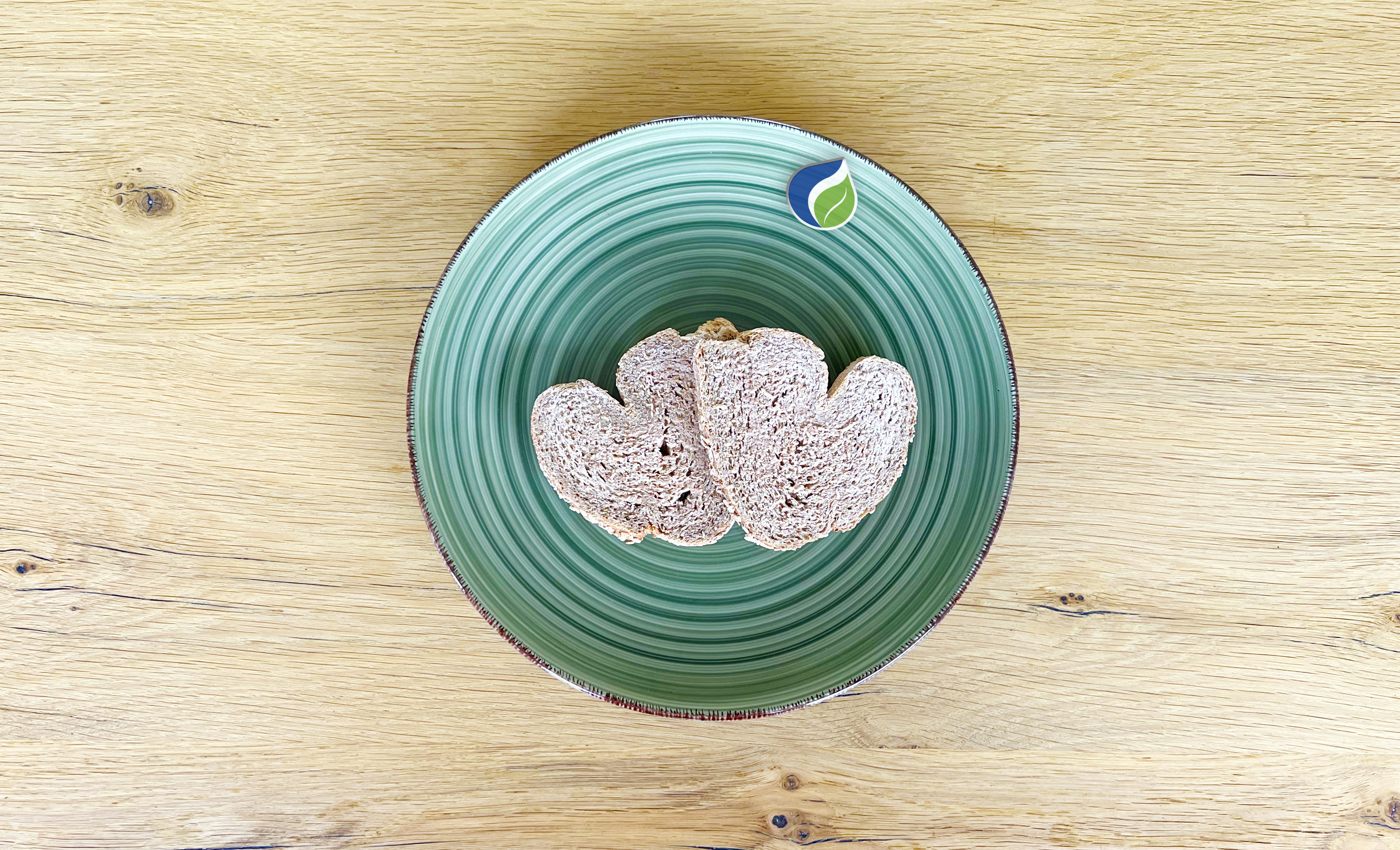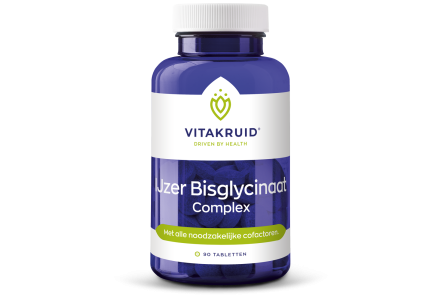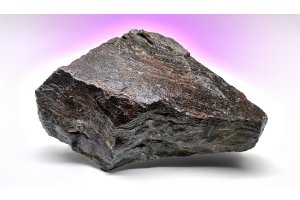
Bread is one of the oldest foods in the world and an important part of the daily diet for many people. While traditional wheat bread is still popular, spelt bread has gained popularity in recent years because of the many health benefits it has to offer. The spelt diet usually involves avoiding modern wheat products and instead consuming foods made from spelt, such as spelt bread.
Spelt: An Ancient Grain
Spelt is an ancient grain that has been grown for thousands of years. It has a rich history and is often associated with the ancient civilizations of the Middle East and Europe. It differs from wheat in terms of nutritional value and composition, which contributes to the benefits of spelt bread:
Rich Source of Nutrients
One of the main benefits of spelt bread is its nutritional value. Spelt is rich in essential nutrients, including:
- Proteins: Spelt contains a significant amount of protein, which is essential for building and repairing tissues in our bodies.
- Dietary fiber: Spelt bread is a good source of dietary fiber, which aids digestion and can help regulate blood sugar levels.
- Vitamins and minerals: Spelt provides vitamins such as B vitamins (B1, B2, B3, B6) and minerals such as iron, magnesium and phosphorus.
- Antioxidants: Spelt contains antioxidants that protect our bodies from harmful free radicals.
Easier to Digest
Some people find that spelt bread is easier to digest than wheat bread. This is because spelt has a lower concentration of certain substances that can cause digestive problems, such as FODMAPs (fermentable oligosaccharides, disaccharides, monosaccharides and polyols).
Possible Lower Gluten Sensitivity
Although spelt contains gluten, it has a slightly different composition than wheat gluten, which some people with mild wheat sensitivity or gluten sensitivity may tolerate better. However, it is important to note that spelt is not a suitable option for people with celiac disease, as it still contains gluten.
Taste and texture
Spelt bread has a pleasant taste and texture, making it a popular choice for bread lovers.
No Artificial Additives
Often, spelt bread is made without the addition of artificial flavors, preservatives or dyes. This means you can enjoy a purer product without unnecessary additives.
Additional nutrients
Although the spelt bread diet is rich in nutrients, there are still some important nutrients you need for a balanced diet. Here are some supplements commonly used within this diet:
Vitamin D: Vitamin D is essential for strong bones and a healthy immune system. Because spelt bread is not naturally rich in vitamin D, you may need to take it as a supplement, especially if you have little exposure to sunlight.
Omega-3 fatty acids: Although spelt bread contains healthy fats, it may be helpful to take an omega-3 supplement to maximize its anti-inflammatory benefits and support heart health.
Vitamin B12: This vitamin is primarily found in animal products, so vegetarians and vegans may benefit from a vitamin B12 supplement to prevent a deficiency.
Magnesium: Magnesium is involved in more than 300 enzymatic reactions and affects muscle contraction, nerve function, blood pressure regulation, and bone health, among other things.
Iron: If you consume spelt bread as part of a vegetarian or vegan diet, you may need to take an iron supplement because plant sources of iron are not absorbed as well as animal sources.
Conclusion
Spelt bread can be a healthy choice for people looking for an alternative to wheat bread. It offers a range of nutritional benefits and can be supplemented with essential supplements to ensure you get all the nutrients you need. A balanced diet, regular exercise and adequate hydration are all essential for a healthy lifestyle.
Good to know: Meditech Europe is currently offering all supplements at an extra discount!
Want more information about products, tailored advice or have questions? Please contact us via email (info@meditecheurope.nl) or phone (+31527292331). We will be happy to assist you.









